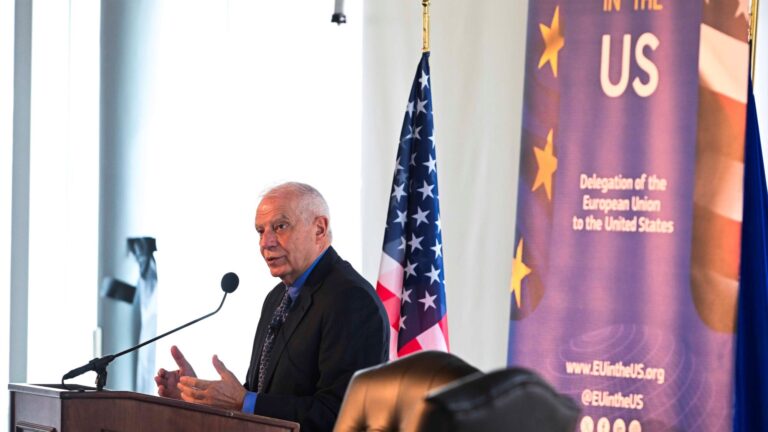The Swedish government will provide credit security for the country’s power companies. According to Samnytt.se, Prime Minister Magdalena Andersson, a social democrat, warned that the credit security is needed “in order to avoid a financial crisis.” In response, the prime minister pledged
tax-funded liquidity protection for the energy companies, totaling hundreds of billions of [Swedish] kronas. This should be in place already on Monday [September 5th] before the closing of the stock market.
Technically, the measure announced by the social-democrat government would make the Swedish government a co-signer for new lines of credit from private financial institutions for energy companies. Since the prime minister and her cabinet lack the constitutional right to do so, Mr. Andreas Norlén, speaker of the Swedish Riksdag, immediately called in the parliament for an extraordinary session.
According to the parliamentary appropriations committee, the measure, which was approved by the parliament during its extraordinary session, shall give effect to the following:
The credit guarantees shall first and foremost be provided for loans to power companies, but if necessary can also be extended to certain entities on the derivatives market for electricity.
The parliament stipulated stringent terms for the issuance of said guarantees: on the one hand, the companies who receive them must be experiencing liquidity constraints as a result of government-imposed minimum liquidity requirements; on the other hand, government must determine the companies to be solvent enough to be “viable” over the long term.
In order to process the credit-guarantee bill before the parliamentary election on Sunday, the Riksdag short-cut its regular legislative process. Instead of the budget committee receiving a request from the prime minister, or from the parliament committee-of-the-whole, the budget committee itself initiated the credit-guarantee bill. This unusual procedure allowed the parliament to avoid the regular procedure for legislative initiatives.





